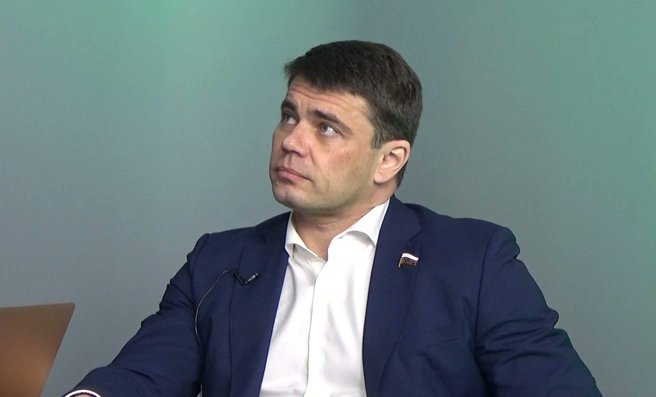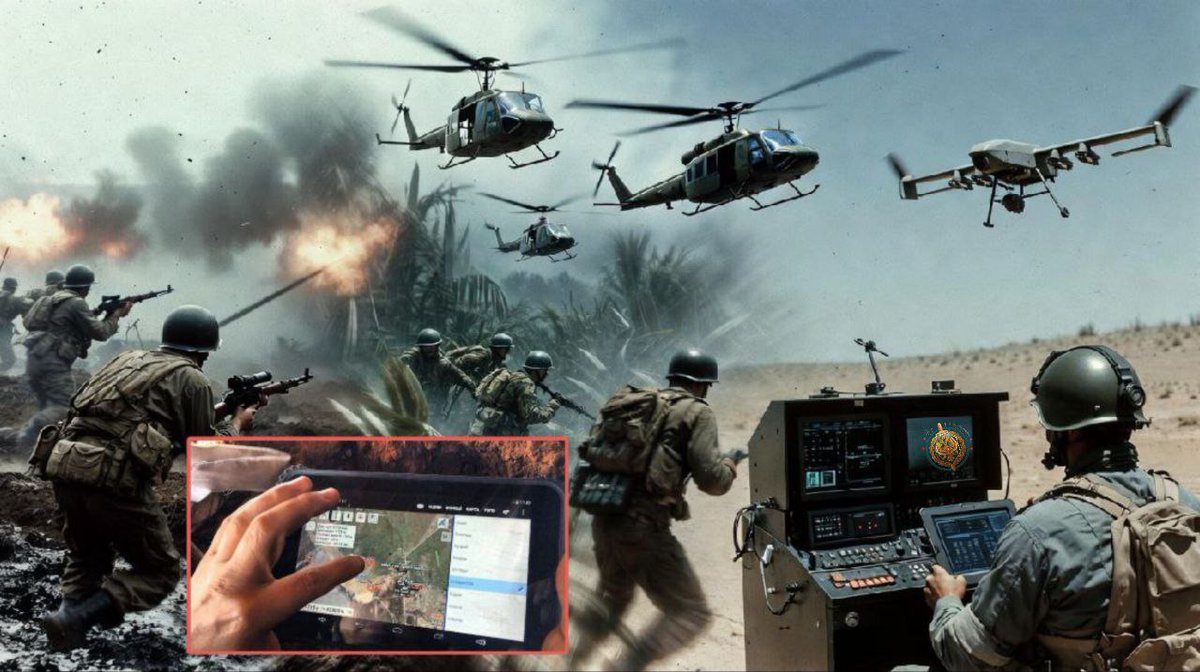1/ The Russian Orthodox Church (ROC) has emerged as a major player in the war in Ukraine. The UK has sanctioned its head, Patriarch Kirill, and the EU attempted to do so but was blocked by opposition from Hungary. Why is the ROC in such a controversial position? 1st 🧵 of three. 

2/ The Orthodox Churches of eastern Europe have played a hugely important role in the development of their countries. This was brought home to me when I spent Easter this year in Bulgaria, enjoying the Orthodox Easter - a beautiful and very spiritual festival. 

3/ From remote and beautiful places such as Bulgaria's Rila Monastery, the Orthodox Church nurtured Christian culture during the long centuries of Ottoman occupation. Rila had Bulgaria's first printing press and produced the country's first Bulgarian-language grammar book. 

4/ The Eastern Orthodox Church has no central authority comparable to the Catholic Pope. Instead, it operates as semi-independent (autocephalous) self-governing congregations, generally on a per-country basis (Bulgaria, Greece, Serbia, Romania, Russia etc). 

5/ The largest by far is the Russian Orthodox Church, with a claimed 100 million adherents living in Russia and other former Soviet republics. Though it should be noted that Orthodoxy is as much an identity as a religious confession - it doesn't mean all members are practicing.
6/ Like the medieval Catholic Church, the national Orthodox Churches were originally closely linked to government authority. Bulgaria's first Tsar converted his people to Christianity and is revered by the church as Saint-Tsar Boris I. 

7/ However, the Ottoman conquest of much of eastern Europe in the 14th-15th centuries destroyed the Christian states in the region. The links between church and church were severed until the 19th century liberations. With one major exception - Russia, which escaped Turkish rule. 

8/ The Russian Orthodox Church has been tied closely to state power in Russia for a millennium. That's not to say it's always had a smooth ride - Peter the Great neutralised it, fearing it as a threat, and Catherine the Great confiscated its lands. 

9/ However, the Russian Orthodox Church has had a huge influence on Russia's governing ideology. In the 15th and 16th centuries, the church formulated a theory that Moscow was the 'Third Rome' after the fall of Constantinople (the 'Second Rome') in 1453. 

10/ The idea of the 'Third Rome' had three key elements:
1) theology - the unity of the Eastern Orthodox Church
2) social - the unity of the East Slavs through Christian Eastern Orthodox faith
1) theology - the unity of the Eastern Orthodox Church
2) social - the unity of the East Slavs through Christian Eastern Orthodox faith
3) state doctrine - the role of the ruler of Moscow as supreme ruler of Christian Eastern Orthodox nations and defender of the Christian Eastern Orthodox Church.
11/ If this sounds familiar, it should - it's basically the concept of the 'Russian world' (Russky mir) which is now official Russian state doctrine. In the 19th century, Slavophiles such as Dostoevsky saw the chance to unite all Orthodox nations under Russia's leadership.
12/ This was partly the reason why Russia intervened in the liberation struggles of south-eastern Europe. The 1877–1878 Russo-Turkish War resulted in the establishment of Bulgaria, Romania, Serbia and Montenegro as recognised independent states, under Russian influence. 

13/ The Russian Orthodox Church was for long closely bound to the Russian state. In 1721, Peter the Great seized control of it, abolishing the Patriarchate of Moscow and establishing the state-controlled Holy Synod in its place. 

14/ This arrangement is known as 'caesaropapism' - the secular ruler controlling the church. It led to rampant corruption. Under Tsar Nicholas II, bishops obtained their position by bribing officials. The patriarchate was not re-established until the 1917 February Revolution.
15/ Following the October 1917 Bolshevik coup d'etat, Lenin's Communist government savagely persecuted the church for its close links to the old regime. Thousands of clergy and believers were massacred during the Russian Civil War, and the church's property was confiscated. 

16/ The Soviet Union justified this persecution through its policy of Marxist-Leninist atheism, holding that organised religion - Judaism and Islam as well as Christianity - was a reactionary force in the class struggle that was holding back the liberation of the working classes. 

17/ Stalin was particularly brutal towards the church, blowing up the Cathedral of Christ the Saviour in Moscow in December 1931 and executing more than 105,000 clergymen between 1937 and 1941. A League of Militant Atheists was established to lead the persecution. 

18/ But it was Stalin who revived the church when he realised its usefulness as a means of mobilising the population against the German invasion of 1941. A new Patriarch of Moscow was elected in 1943 and thousands of churches were reopened across the USSR. 

19/ The revival was halted and went backwards under new waves of post-war persecution, resulting in the number of churches dwindling from 22,000 in 1959 to 7,000 by 1965. It was not until Gorbachev's rule in the late 1980s that persecution ended definitively. 

20/ However, the church had a closer relationship with the state than was apparent on the surface. The Moscow Patriarchate's re-establishment in 1943 took place under the control of the NKVD (the KGB's predecessor). The Communist Party wanted tight control of a potential rival. 

21/ The Party's Ideological Department and the KGB vetted all key positions in the Russian Orthodox Church, including bishops. ROC priests were used as agents of influence in the World Council of Churches (WCC), an influential worldwide Christian inter-church organisation.
22/ Konstantin Kharchev, the former chairman of the Soviet Council for Religious Affairs, said: "Not a single candidate for the office of bishop [in the ROC] or any other high-ranking office ... went through without confirmation by the Central Committee of the CPSU and the KGB."
23/ Church organisations were founded as KGB fronts. KGB files found in Estonian archives in 1991 showed that Russian Orthodox Patriarch Alexey II worked for the KGB as agent DROZDOV (Thrush), receiving an honorary citation for his activities including infiltrating the WCC. 

24/ Alexey's successor Kirill was also allegedly a KGB agent, codenamed MIKHAILOV. KGB files showed his participation in a 1978 plan to ‘deepen dissent within leading reactionary church circles’, harass Protestant ‘sects’, influence the WCC and help a KGB agent in the Vatican. 

25/ Alexey was installed in June 1990 – thus, under KGB supervision in the last year of the USSR. Kirill, the current Patriarch, was installed in February 2009, the 9th year of Putin's time in power. His accession was no coincidence and clearly reflected Putin's preferences.
26/ Before coming to power, Putin had leaned in heavily to Russian Orthodoxy as part of his ideology. Although Russia does not have an official state church, Orthodoxy is given a special position in Russian society. It's been used as a motivator for Putin's armed forces. 
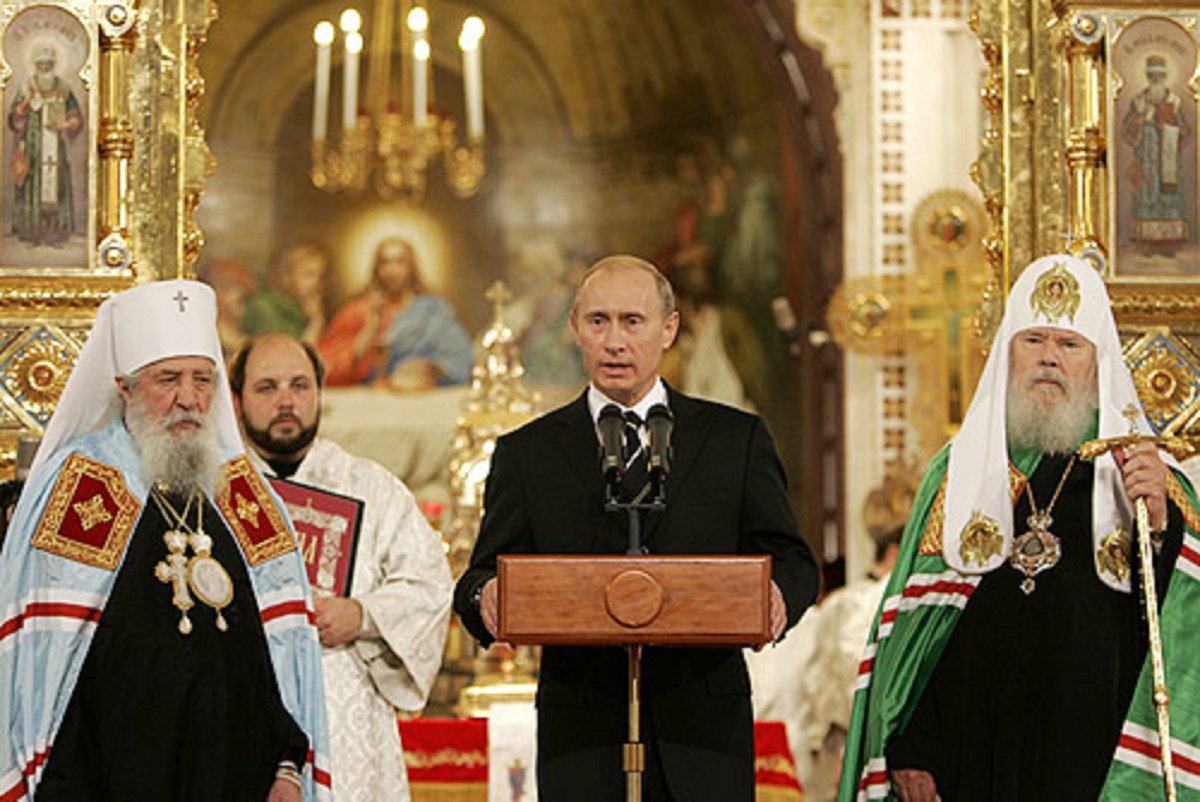
27/ For example, the missile cruiser Moskva went to the bottom of the Black Sea in April 2022 with a supposed fragment of the 'True Cross' of Jesus aboard it. The ship included an Orthodox chapel that housed a 19th century reliquary containing the fragment. 
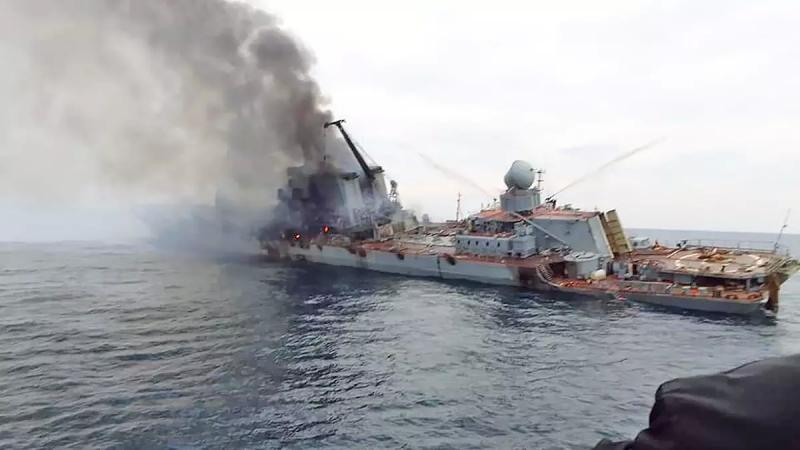
28/ In a similar vein, the Russian army operates 'Mobile Points for Work with Believing Servicemen'. These are vehicles best described as Russian Orthodox churches on wheels, complete with a big cross on the roof, for motivating soldiers with religious nationalism. 

29/ Putin's government also constructed a giant Main Cathedral of the Russian Armed Forces in Russia, with metal floors made from melted-down Nazi trophies. It symbolises a fusion of Putin's neo-Tsarist Orthodox ideology and his Russian nationalist cult of military victory. 

30/ Putin's regime is dominated by people associated with the state security forces (like Putin himself), collectively known as siloviki - literally "people of force". As an alleged former KGB agent, Kirill would certainly have been seen as reliable and a known quantity. 
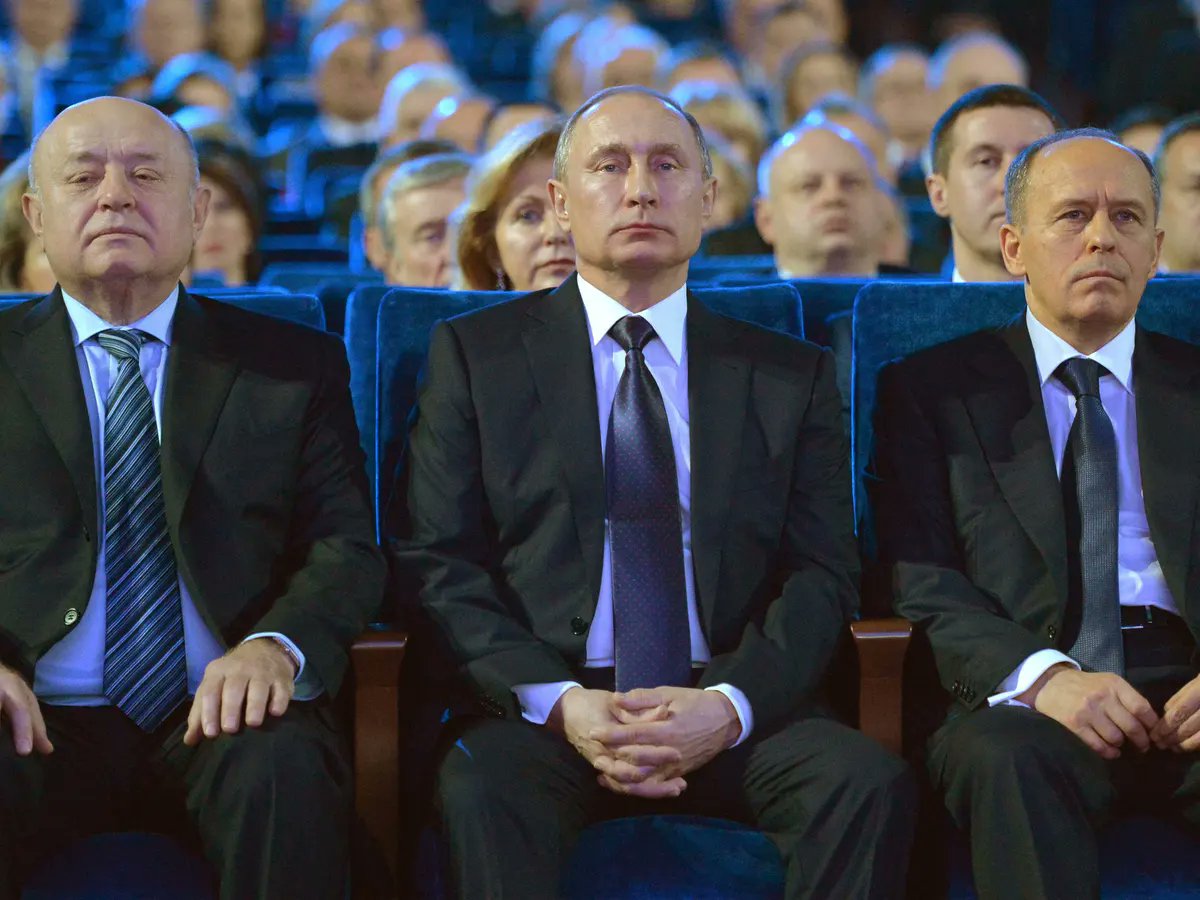
31/ That's not to say that Kirill is simply a puppet. He has long advocated very conservative and anti-Western positions on social issues, which Putin has supported. Kirill advocates 'symphonia', an arrangement in which church and state work together to complement each other.
32/ Under Putin's direction, the ROC has been showered with benefits, including the restoration of former state-owned church property. It has become a hugely wealthy institution, with Patriarch Kirill himself reportedly worth $4 billion – an unusual situation for a clergyman.
33/ The Russian Orthodox Church under Alexey II, but particularly under Kirill, has made piles of money in somewhat shady ways. In my next thread in this series, I'll look at how the church has become a vehicle for money-making and Russian 'soft power' internationally. /end
@OSINTEng @TrentTelenko @MarkHertling @TrueFactsStated @WarintheFuture @KofmanMichael @michaeldweiss @aravosis @JoshManning23 @general_ben @tomiahonen @PToveri @mdmitri91 @johnsweeneyroar @SamRamani2 @kamilkazani @JuliaDavisNews @olex_scherba @KyleWOrton
Part 2 here:
https://twitter.com/ChrisO_wiki/status/1545203383149203456?t=EcBoMeR---YbsbAwAub-bg&s=19
• • •
Missing some Tweet in this thread? You can try to
force a refresh


